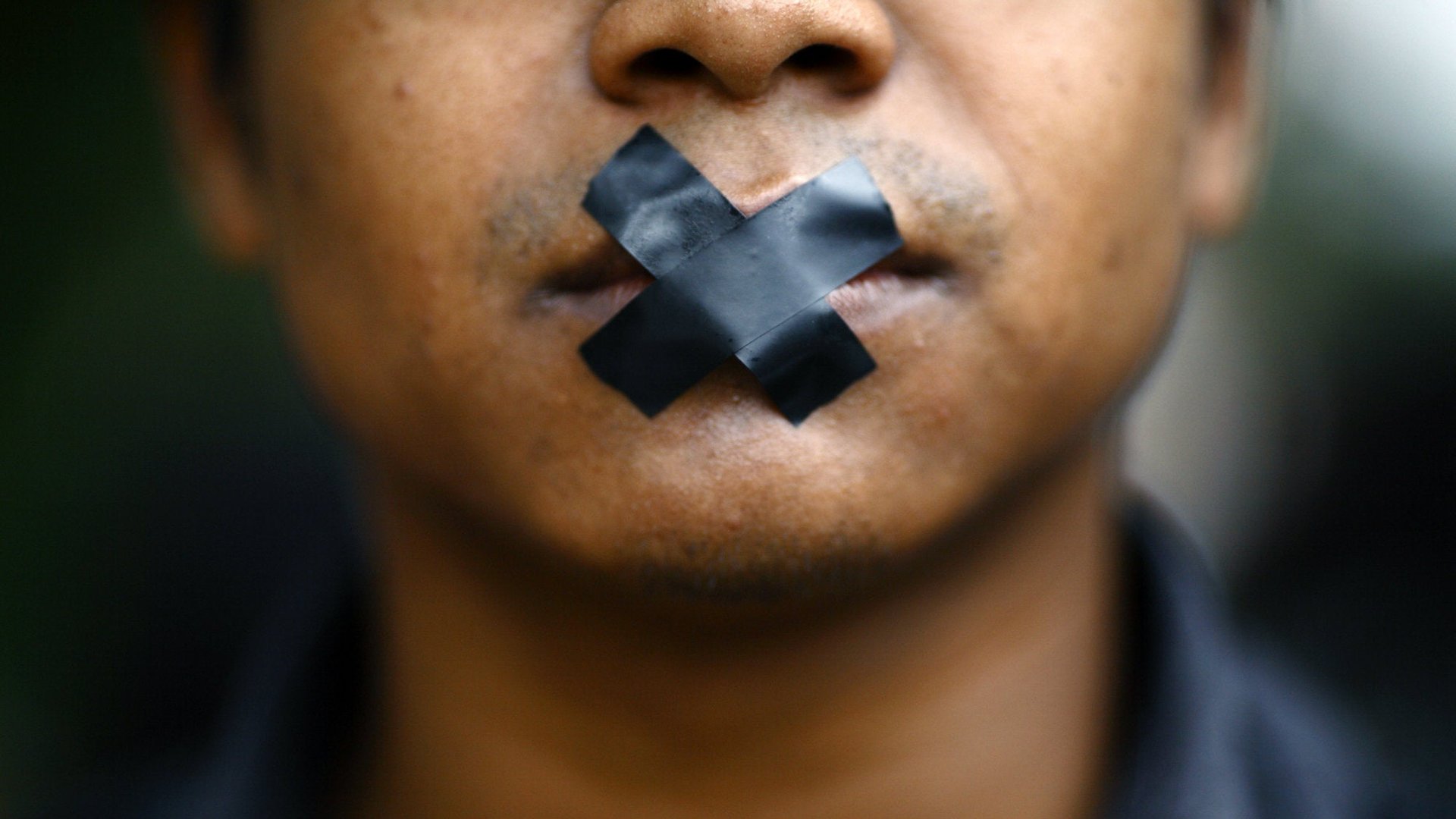Facebook is a private company, and it will censor if it wants to
Some companies disallow casual clothing or blue jeans. Others expect their suppliers to adhere to ethical sourcing and labour practises. Facebook does not like advertising that mentions Facebook.


Some companies disallow casual clothing or blue jeans. Others expect their suppliers to adhere to ethical sourcing and labour practises. Facebook does not like advertising that mentions Facebook.
Creaky Joints, a non-profit that helps people with creaky joints, discovered Facebook’s rules when it tried to pay to promote an article that criticized changes on the social network. Changes to Facebook’s algorithm announced in November make it difficult for unpaid posts—those that aren’t given a paid “boost”—to find an audience.
According to International Business Times, which published the article in question (about how those changes had reduced nonprofits’ ability to get their message across), Facebook responded with an automated message explaining that the post “Wasn’t boosted because it includes an improper reference to Facebook.”
Facebook is not the only company whose algorithms create collateral damage. Yik Yak, a social network popular with American teens, also stands accused of suppressing content that it finds unfavorable. According to TechCrunch, a tech industry trade magazine, ”Yik Yak systematically downvotes mentions of competitors.” TechCrunch found that any post with the words “fade,” “sneek,” or ”unseen” (names of competitor networks) are automatically, algorithmically removed from the network.
It is easy to jump to the conclusion that Facebook is censoring criticism and Yik Yak is stifling competition. Both companies vigorously deny this (though neither company responded to Quartz’s request for a comment). Yik Yak’s co-founder has said that the removals were the work of an overenthusiastic anti-spam mechanism.
And a Facebook spokesperson told IBT that “ads that include Facebook’s logo must follow our brand guidelines,” adding that “the reason this ad was not approved had nothing to do with the content of the story included in the post, but because the ad violated our brand guidelines.” (“The IBTimes article in question included a Reuters photo featuring the Facebook “F” logo reflected on an iPad, which is not an approved use of the logo,” the publication explained.)
In one sense, the policy’s vigilance about how the Facebook logo is used seems sensible. It is conceivable that an ad mentioning Facebook could be trying to impersonate Facebook to scam users. It could spread false information or fool people into disclosing passwords. And of course, brands are notoriously prickly about their trademarks; Adobe, for instance, likes to point out that “‘Photoshop’ is not a verb.”
It is the prerogative of Facebook, like any private company, to set the rules on its own property. But that also means that legitimate posts are, effectively, automatically censored in what has become the world’s biggest public square. That does not bode well for producers and readers of content when, as Re/Code reports, “Facebook is talking to publishers about hosting their content.”